The DAISSy Research Group of the Hellenic Open University (HOU) successfully participated in the 1st Transnational Action of Mobility organized in the framework of the implementation of the European project “Tour–X”, in which the DAISSy – HOU plays an active role as the Greek partner. This Action was part of the initiative “Promoting the dissemination of results in the field of Tourism and in Vocational Education and Training (VET) systems, through collaboration and active participation of tourism enterprises and VET providers”, coordinated by ENAIP Veneto, the Italian partner of the Tour-X project and Vocational Education and Training Center based in Verona, Italy.
Specifically, the Action of Mobility took place from September 30 to October 2, 2025, on the occasion of the 57th Rice Festival in the Verona region. Its main goal was to explore the close relationship between vocational education, tourism, cultural heritage, and local development. Within this framework, seven (7) participants from four (4) countries — Greece, Spain, Bulgaria, and China — met in Isola della Scala for the first inbound mobility activity of the Tour-X project. During the event, they had the opportunity to gain an in-depth understanding of the region and its rice tradition, discovering its potential for enhancing responsible tourism management.
The DAISSy Research Group of HOU was represented by Ms. Panagiota Polymeropoulou, Senior Researcher of the Group and of the Tour-X project, and Dr. Christos Pierrakeas, Professor at the University of Patras and Researcher at DAISSy-HOU. They actively participated in all sessions and, together with representatives of the Tour-X partnership, met with institutional and business stakeholders involved in organizing the Rice Festival and promoting the local identity.
In conclusion, the 1st Action of Mobility of the Tour-X project successfully highlighted the crucial role of Vocational Education and Training in developing skills for the Tourism sector.
The Tour–X Project, a Center of Vocational Excellence (CoVE) initiative for the Tourism Industry, aims to foster excellence in this sector through a “bottom-up” approach. The project has a four-year duration (June 2022 – May 2026) and is co-funded by the ERASMUS+ Programme of the European Union. It is implemented by a consortium comprising twenty-three (23) experienced partners, representing leading providers of Vocational Education and Training (VET) in the field of Tourism, as well as Regional Authorities, from six EU Member States (Greece, Belgium, Germany, Spain, Italy, and Portugal) and China.
The DAISSy – HOU, the Greek partner, serves as a key academic member of the transnational consortium. It participates in all project deliverables and is responsible for developing the “Quality Framework for Improving Quality in VET through Feedback Loops and Graduate Tracking Systems Development”, as well as for the “Creation and Maintenance of a Database System (Watch Tower)” addressing regional skill needs in the Tourism sector. At the same time, the DAISSy Research Group contributes to the effective implementation of the project’s activities in Greece by connecting relevant national stakeholders to ensure the broad exploitation of Tour-X results and the long-term impact of the project.
For more information about the Tour-X project of the DAISSy-HOU:
- Websites: http://daissy.eap.gr/en, https://tour-x.eu/
- Facebook: https://www.facebook.com/tourxcoves
- LinkedIn: https://www.linkedin.com/company/tourxcoves
- Instagram: https://www.instagram.com/tourxcoves/
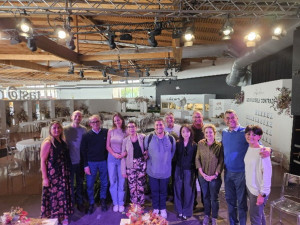
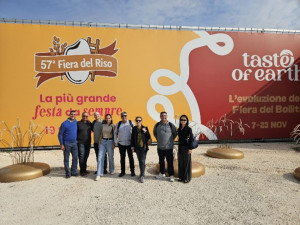





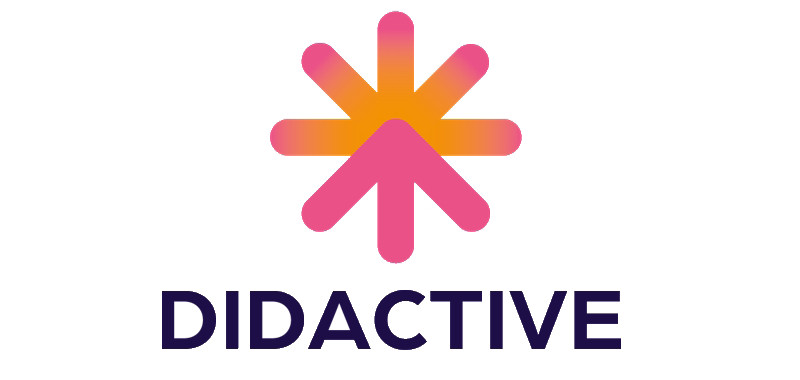
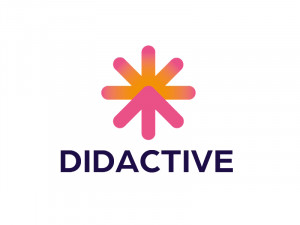 The
The 
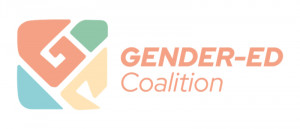 The
The 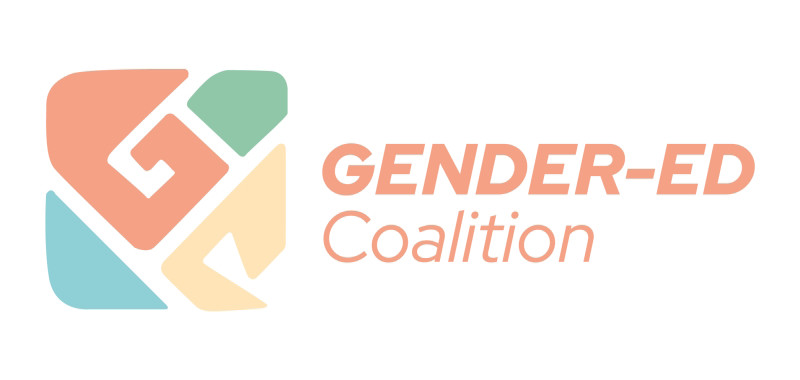
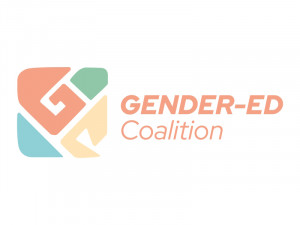 The
The 
 The
The 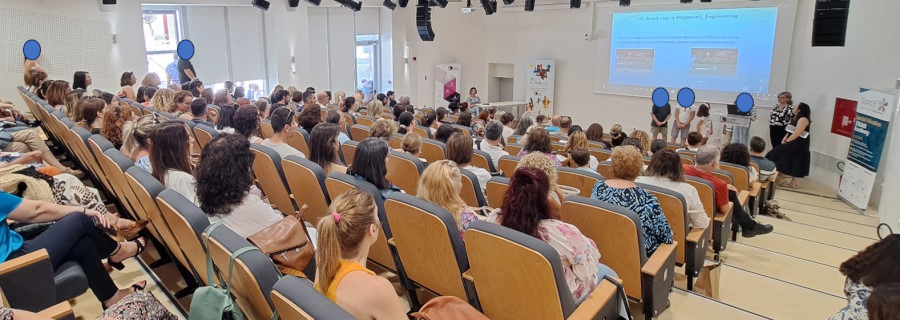
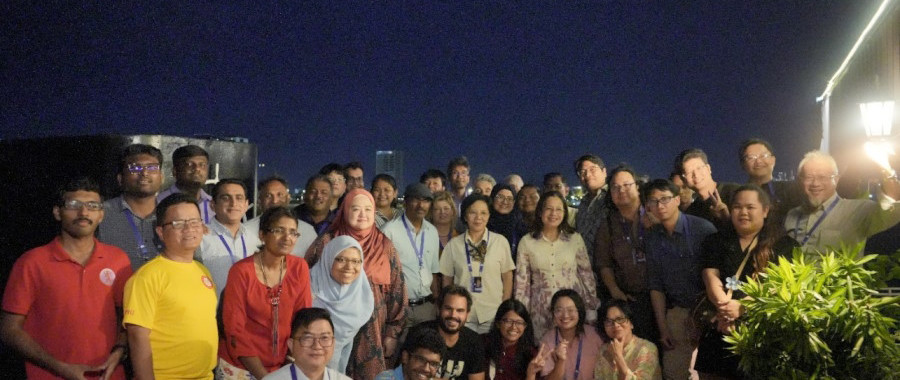
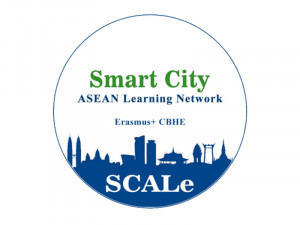 The 3rd Transnational Partners’ Meeting (TPM) of the “
The 3rd Transnational Partners’ Meeting (TPM) of the “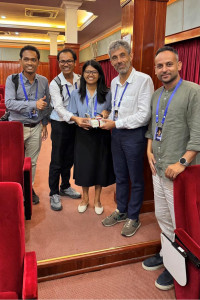
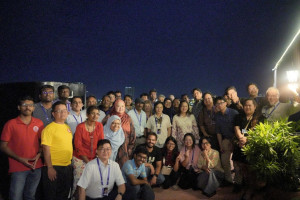
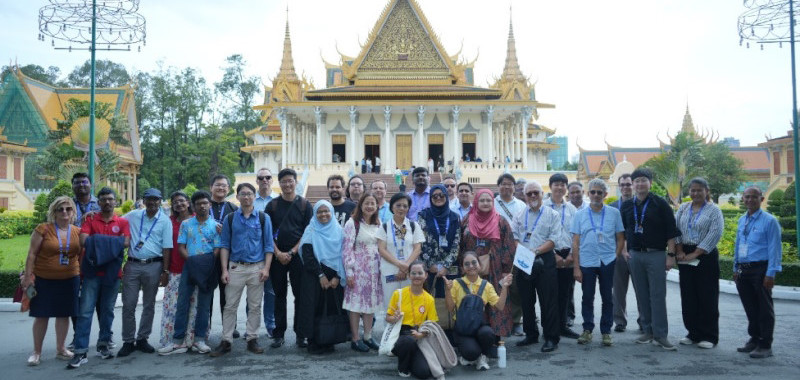
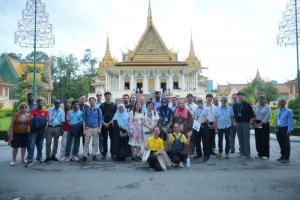
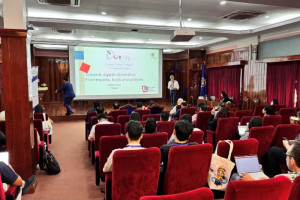
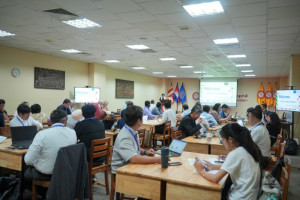
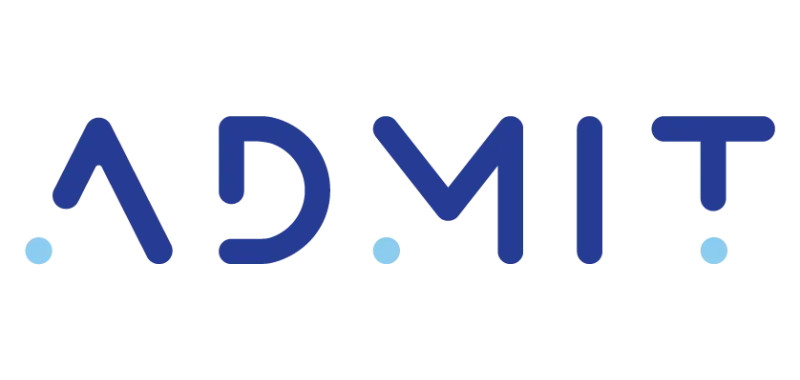
 The
The